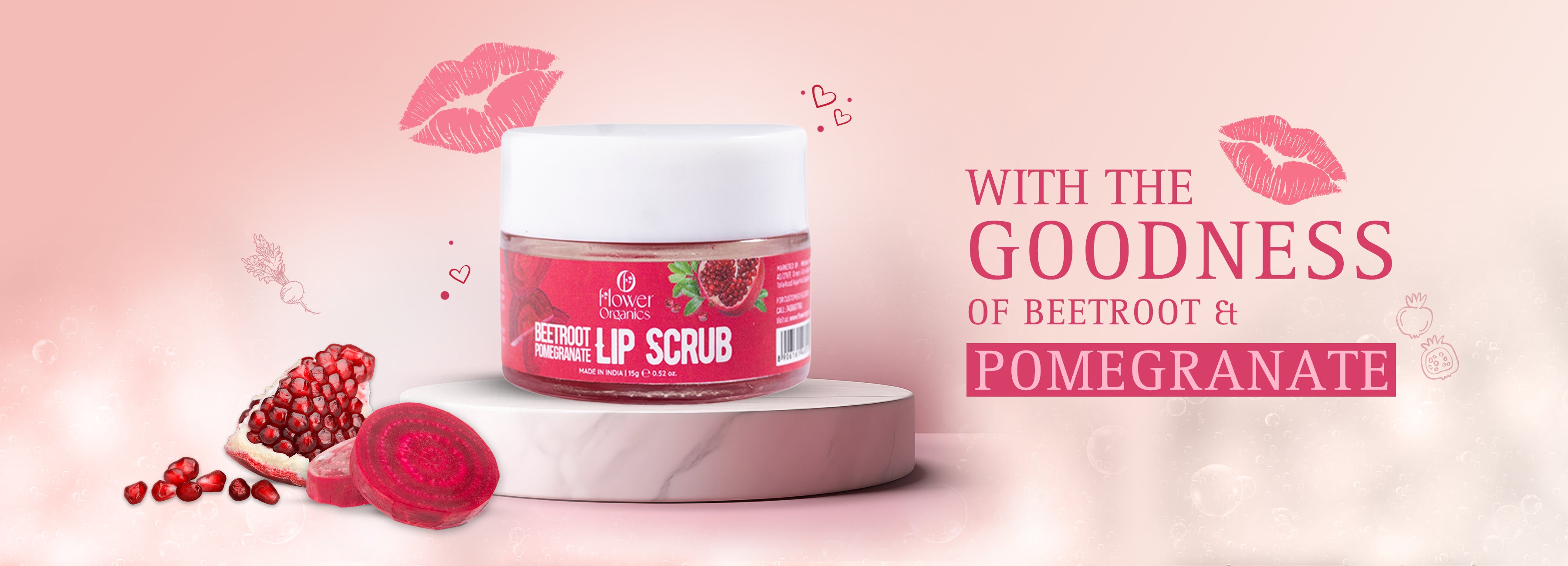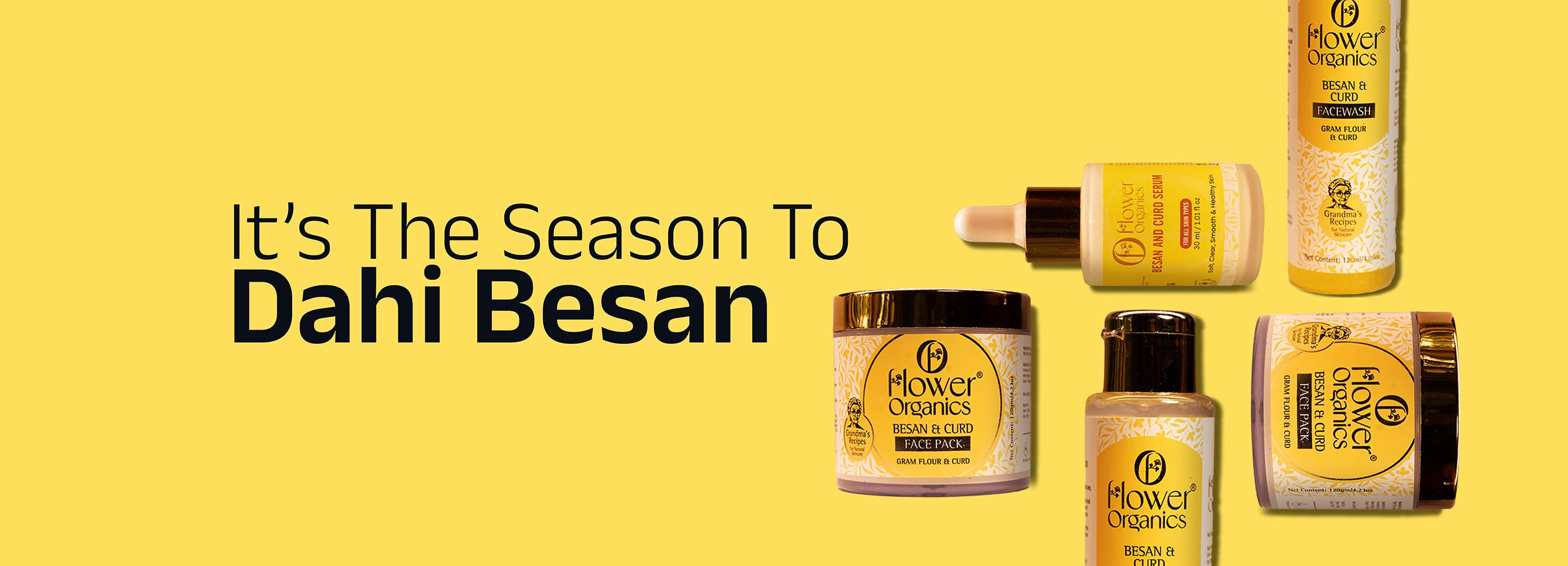When it comes to gardening, there’s a growing trend that’s stealing the spotlight—flower organics. People are swapping synthetic fertilizers and chemicals for organic solutions, and it’s not just a fad. It’s a movement toward healthier plants, better soil, and a more sustainable planet. So, why are so many gardeners making the switch? Let’s dive into the world of flower organics and uncover what makes it so special.
You’ve probably heard the buzz about organic gardening, but let’s break it down. Flower organics isn’t just about growing pretty blooms; it’s about creating an ecosystem where nature thrives. Think of it as giving your garden a spa day without all the harsh chemicals. Plants love it, the soil loves it, and even the bees and butterflies are fans. Who wouldn’t want that?
Now, if you’re wondering whether organic gardening is worth the hype, stick around. We’re going to explore everything you need to know about flower organics—from the benefits to the best practices—and maybe even inspire you to start your own organic garden. Ready? Let’s get growing!
- Zac Boccia A Rising Star In The World Of Parasport
- Brooklyn Atelier The Ultimate Creative Hub For Artists And Makers
What Exactly Are Flower Organics?
Flower organics refer to the use of natural materials and methods to nurture and enhance plant growth. This includes organic fertilizers, compost, and other eco-friendly solutions that promote healthy soil and vibrant blooms. Unlike synthetic products, flower organics work with nature rather than against it, ensuring long-term sustainability.
One of the coolest things about flower organics is its focus on building strong soil ecosystems. Healthy soil means healthier plants, which leads to more beautiful gardens. Plus, when you use organic methods, you’re reducing your carbon footprint and supporting biodiversity. It’s like giving the planet a big hug—one flower at a time.
Why Choose Flower Organics?
There are plenty of reasons to embrace flower organics, but here are the top three:
- Richmond Circus 2024 The Ultimate Guide To An Unforgettable Experience
- Urban Champs The Rise Of The Modern Urban Heroes
- Healthier Plants: Organic methods provide essential nutrients without the risk of chemical burn or over-fertilization.
- Improved Soil Quality: Organic matter enriches the soil, making it more fertile and better at retaining water.
- Environmental Benefits: By avoiding synthetic chemicals, you’re protecting beneficial insects, reducing pollution, and preserving natural resources.
Switching to flower organics isn’t just good for your garden—it’s good for the world. And who wouldn’t want to be part of something that big?
The Science Behind Flower Organics
So, how exactly do flower organics work? It all comes down to biology. Organic materials like compost, manure, and plant-based fertilizers break down naturally in the soil, releasing nutrients that plants can absorb. This process creates a thriving environment for microorganisms, which help break down organic matter and improve soil structure.
Here’s the kicker: synthetic fertilizers might deliver quick results, but they often harm the soil in the long run. They can disrupt microbial activity, damage beneficial organisms, and even lead to nutrient runoff, which pollutes waterways. Flower organics, on the other hand, work with nature to create a balanced and sustainable system.
Key Components of Flower Organics
Let’s take a closer look at the building blocks of flower organics:
- Compost: Made from kitchen scraps, yard waste, and other organic materials, compost is a powerhouse of nutrients.
- Manure: Animal waste, especially from herbivores, is packed with nitrogen and other essential elements.
- Plant-Based Fertilizers: Derived from natural sources like seaweed, bone meal, and fish emulsion, these fertilizers provide targeted nutrition.
Each of these components plays a vital role in creating a thriving garden. Together, they form the foundation of flower organics.
Getting Started with Flower Organics
If you’re ready to jump into the world of flower organics, here’s a step-by-step guide to help you get started:
- Assess Your Soil: Test your soil to understand its pH level and nutrient content. This will help you determine what amendments are needed.
- Choose the Right Materials: Select organic fertilizers and amendments based on your soil’s needs. Look for products labeled as “organic” or “natural.”
- Start Composting: Set up a compost bin to turn kitchen scraps and yard waste into nutrient-rich compost.
- Plant Wisely: Choose plants that thrive in organic conditions and rotate crops to prevent nutrient depletion.
With these steps, you’ll be well on your way to creating a thriving organic garden. And trust us, it’s easier than it sounds.
Tips for Success
Here are a few pro tips to ensure your organic garden flourishes:
- Water deeply but infrequently to encourage deep root growth.
- Mulch your soil to retain moisture and suppress weeds.
- Rotate crops to prevent pests and diseases from taking hold.
These simple strategies can make a big difference in the health and productivity of your garden.
The Benefits of Flower Organics
Now that we’ve covered the basics, let’s talk about the amazing benefits of flower organics. From improving soil health to supporting biodiversity, the advantages are endless.
1. Healthier Soil
Organic gardening focuses on building strong, fertile soil. By adding compost and other organic materials, you’re creating a living ecosystem that supports plant growth. This not only improves the quality of your garden but also enhances its ability to withstand drought and disease.
2. Better for the Environment
By avoiding synthetic chemicals, you’re reducing pollution and protecting wildlife. Flower organics promote biodiversity by supporting beneficial insects, birds, and other creatures that contribute to a healthy ecosystem.
3. Cost-Effective
Believe it or not, organic gardening can save you money in the long run. Once you’ve established a healthy soil system, you’ll spend less on fertilizers and pesticides. Plus, you can often make your own compost and fertilizers at home, cutting costs even further.
Common Misconceptions About Flower Organics
There are a few myths about flower organics that might be holding you back. Let’s debunk them:
- Myth: Organic Gardening is Too Hard. Fact: With the right tools and knowledge, organic gardening is simple and rewarding.
- Myth: Organic Methods Don’t Work as Well as Synthetic Ones. Fact: Organic methods promote long-term health and sustainability, often outperforming synthetic solutions in the end.
- Myth: Organic Gardening is Expensive. Fact: Many organic materials are free or low-cost, making it an affordable option.
Don’t let these misconceptions keep you from trying flower organics. The truth is, it’s a win-win for you and the planet.
Flower Organics and Sustainability
When it comes to sustainability, flower organics lead the way. By choosing organic methods, you’re supporting a healthier planet for future generations. This includes reducing greenhouse gas emissions, conserving water, and protecting wildlife habitats.
One of the most exciting aspects of flower organics is its role in regenerative agriculture. This approach focuses on rebuilding soil health, enhancing biodiversity, and capturing carbon in the soil. It’s a powerful tool in the fight against climate change—and something we can all be a part of.
How You Can Make a Difference
Here are a few ways to incorporate sustainable practices into your flower organics routine:
- Use rainwater collection systems to conserve water.
- Plant native species to support local ecosystems.
- Practice crop rotation to maintain soil health.
Small changes can add up to big results. By adopting these practices, you’re contributing to a more sustainable future.
Flower Organics: The Future of Gardening
As more people become aware of the benefits of flower organics, it’s clear that this is the future of gardening. Whether you’re a seasoned gardener or just starting out, there’s something for everyone in the world of organic gardening.
So, what’s holding you back? With the right tools, knowledge, and passion, you can create a beautiful, sustainable garden that benefits both you and the planet. It’s time to embrace the power of flower organics and make a difference—one bloom at a time.
Conclusion: Time to Bloom
In this journey through flower organics, we’ve explored the basics, benefits, and best practices of organic gardening. From healthier plants to a more sustainable planet, the advantages are clear. So, what’s next? It’s time to take action!
We encourage you to share your experiences with flower organics in the comments below. What tips and tricks have worked for you? How has organic gardening impacted your life? And don’t forget to check out our other articles for more gardening inspiration.
Remember, every small step counts. Whether you’re starting a compost pile or planting your first organic flower, you’re contributing to a better world. Let’s grow together!
Table of Contents
- What Exactly Are Flower Organics?
- Why Choose Flower Organics?
- The Science Behind Flower Organics
- Getting Started with Flower Organics
- The Benefits of Flower Organics
- Common Misconceptions About Flower Organics
- Flower Organics and Sustainability
- Flower Organics: The Future of Gardening
- Conclusion: Time to Bloom



Detail Author:
- Name : Corrine Prosacco
- Username : wbahringer
- Email : zkris@strosin.com
- Birthdate : 2004-07-31
- Address : 49611 Cicero Junctions Fredericview, MD 35521-8675
- Phone : (469) 590-8963
- Company : Lang, Kohler and Ziemann
- Job : Financial Manager
- Bio : Et sunt officia non tenetur enim. Ipsa assumenda doloremque aut dolore porro placeat. Ratione et explicabo blanditiis ipsam. Cum iure nostrum accusamus eligendi ut dignissimos deserunt.
Socials
facebook:
- url : https://facebook.com/welchh
- username : welchh
- bio : Autem qui corrupti autem ipsa provident. Neque sed ut aut sunt facilis at.
- followers : 130
- following : 2661
linkedin:
- url : https://linkedin.com/in/welch2021
- username : welch2021
- bio : Rem est illum magni aut cumque saepe debitis.
- followers : 4263
- following : 438
instagram:
- url : https://instagram.com/heather6731
- username : heather6731
- bio : A ab officia laboriosam harum modi. Animi est veniam reiciendis.
- followers : 2553
- following : 1190
twitter:
- url : https://twitter.com/heather_welch
- username : heather_welch
- bio : Esse et quia nihil autem. Ipsam harum quidem quam ut. Optio fuga iusto quis consequatur veniam est omnis rerum.
- followers : 4912
- following : 1930
tiktok:
- url : https://tiktok.com/@welch2013
- username : welch2013
- bio : Dolorum praesentium dolore ea ipsam maxime. Quo amet ipsum doloremque rerum in.
- followers : 4037
- following : 1134